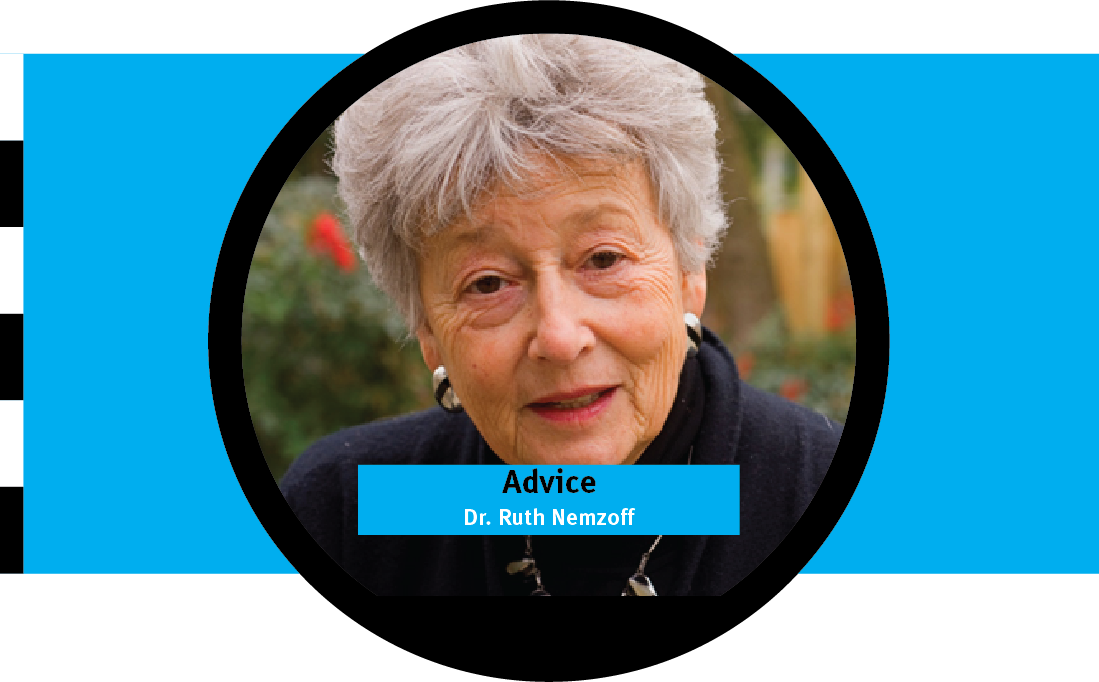Q: I’ve been thinking a lot about New Year’s resolutions and feeling very disillusioned about the whole idea. Particularly since October 7, everything has felt upside down. Everything I made resolutions about feels so trivial after that day. I don’t feel like there’s any point in making resolutions. The whole concept of New Year Eve seems silly to me. Just another drunken evening for many. Besides, I never really stick to my resolutions. Is it worth it to come up with a bunch of wishful ideas about how I want the coming year to be like? I have no control.
A: The modern practice of New Year’s Resolutions may seem a little insincere, but there seems to be a human need to mark a special time to improve. The ancient Babylonians four thousand years ago would begin their New Year’s ceremonies by making promises to repay old debts. The Romans spent January making promises to the god Janus about what they would do in the coming year. Since the 1800s, at least, writers have also joked about the frequency in which we forget our resolutions. The popular “Walker’s Hibernian Magazine” published a series of satirical New Year’s resolutions, such as physicians promising to charge modest fees and politicians pledging to only think of the common good. Great ideas but not always executed.
It is arbitrary the way we measure a year. In our daily lives, we mark the new year in many ways. Families with children in school might find that the beginning of the semester in September feels like a New Year, and seasonal/contract workers might find a sort of new year whenever their contract expires. You are certainly in good company to notice that the calendar year is arbitrary.
The musical Rent taught us all the different ways to measure a year: “in daylights, in sunsets, in midnights, in cups of coffee” or “525,600 minutes.” Dinah Washington popularized the song “What a Difference a Day Makes” about the power of change that can occur in just 24 hours. But as nice as it is to believe her song, the transition from December 31 to January 1 is, ultimately, an arbitrary one. Those 24 hours are no more meaningful than any other day. But, after October 7, we know that everything truly can change in just a day. Sometimes, when this kind of radical change happens, we forget how to use our time. It makes calendar time meaningless.
The way we mark time is one of the signs of belonging to a group. The foundational story of Judaism both marks time and questions it. G-d created the earth in six days and on the seventh day he rested. Time is the basis of Jewish practice. But the sages also question whether this was the whole story. They noted that everything G-d created in the six days of creation needed finishing — the animals needed taming, the wheat needed grinding, and humans themselves needed to grow (Sefer Ha-Aggadah pp. 383).
Jews around the world celebrate two New Years, January 1st and Rosh Hashanah. Many of us celebrate even more either as a way of feeling connected to family members who are from a different culture or because we wish to be a part of the culture in which we reside. Iranian Jews celebrate the Zoroastrian New Year, Nowruz, in March, and Chinese Jews celebrate the Chinese New Year in February. Each culture marks the New Year in a different way, and that is one way which helps us keep connected both to the Jewish people and to the cultures we live in. All celebrations have some way of bringing people together, to drink, or pray or eat a meal. Families who celebrate the New Years of new members demonstrate their acceptance and respect.
When we watch the ball drop in Times Square, we may feel the entire world is celebrating New Year’s with us, but obviously, that is not the case. No, in some ways, New Year’s celebrations are another example of an idealized fantasy that masks the imperfect realities the majority of us live in. Some people are lonely, some are in war zones. Paradoxically, though, celebrating more than one New Year or one New year with the rest of the world connects us with the imperfections of life. It is a time to be more in touch with ourselves, a time to take stock of our hopes for both world and self-improvement. It gives us a chance to envision a better world and a better self.
Maybe the whole idea of the New Year is to remind us that life is not a fairy tale but a mix of good and evil and it reminds us to try to choose good. We need to do this as individuals and as a people. After all, October 7 and the antisemitism which followed have taught us that we are both.
The New Year can remind us to keep trying. This year, we could think about the successes you wish you had, or the actions you regret, and formulate how you might better yourself going forward. All of us can take advantage of any one of the new years afforded to us, be they Jewish or otherwise, to continuously work on refining the goals we have for ourselves. Maybe it is time to stop thinking of New Year’s resolutions as a list of goals to speed run before December 31 and instead as a chance to build upon what we’ve created. After all, like the sages said, everything that is created needs finishing.


